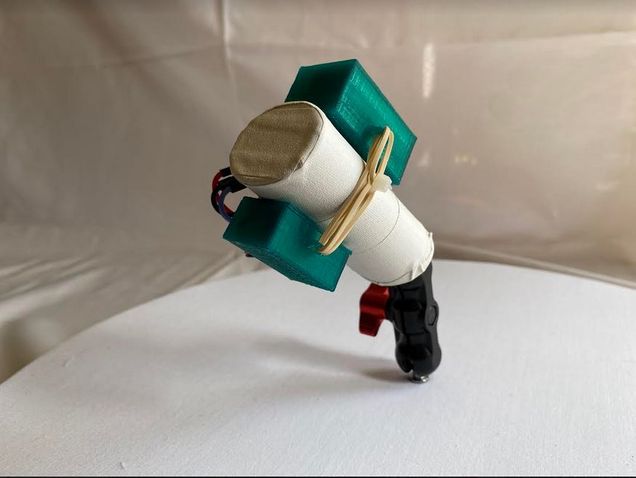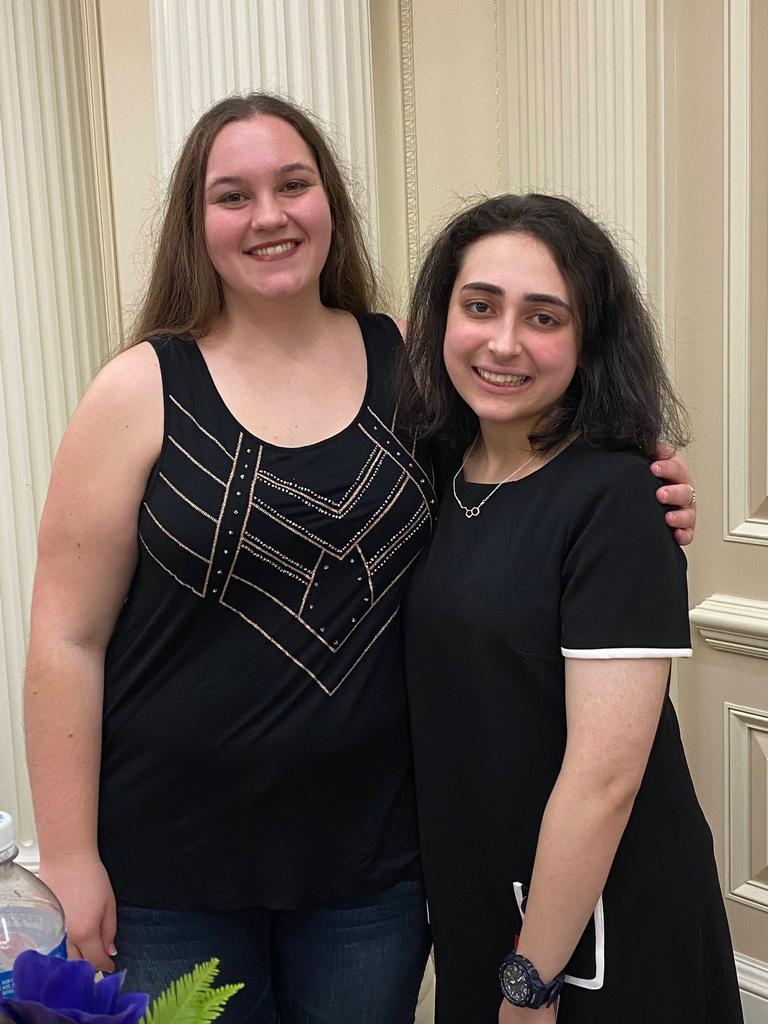BU Duo’s Wearable Wins BMES Design Award
By Patrick L. Kennedy
Two recent ENG grads garnered a top award in the 2021 Biomedical Engineers Society (BMES) Design Competition with a bracelet that helps regulate breathing in premature infants with apnea. Out of 35 teams who submitted designs in four categories, Leen Arnaout (’21) and Meghan Griffin (’21) finished first in the mechanical/electrical track of the competition, which was sponsored by Medtronic.
For babies born before 30 weeks, one of the most common complications is irregular breathing, or apnea of prematurity (AOP). Marked by pauses of more than 10 seconds between breaths, AOP causes a drop in oxygen level, which in turn can cause brain injury or developmental delays.
When apnea occurs in the neonatal intensive care unit (NICU), nurses will manually prod infants to restart their breathing, or they administer caffeine, which stimulates the brain’s respiratory center. The research is inconclusive as to whether the caffeine carries any risks, but there is a population of babies for whom it doesn’t even help. Moreover, NICU nurses are often dealing with multiple crises simultaneously, making it difficult to apply these treatments consistently.

Building upon research by their advisor, Professor Béla Suki (BME, MSE), and his former student Dean Zeldich (’18), Arnaout and Griffin developed a wearable solution to AOP as their senior design project, testing their technology in animal models and building a prototype that would fit human infants. The bracelet earned them ENG’s 2021 award for Outstanding Senior Design Project in biomedical engineering, and Suki encouraged them to enter it in the BMES competition as well.
“The beauty of this wearable is that it’s noninvasive, compared to the caffeine,” says Suki. “It’s just a little bracelet you can put on either the wrist or the ankle, and one of the great things Leen and Meghan did was to make it automated—it would detect the problem and then respond to the problem.”

The bracelet continually monitors blood oxygen with a pulse oximeter sensor. If the oxygen level is too low, a tiny disk motor vibrates on the baby’s wrist, stimulating the respiratory nervous center. When the child resumes breathing and oxygen levels return to normal, the device ceases stimulation and continues monitoring.
Suki is proud of his students’ win, but not surprised. “I like to get involved in every senior project down to the details,” he says, especially in the early stages. “But Leen and Meghan got up to speed very quickly, becoming quite independent by the end of the first semester, which is not typical.” Then as they refined their presentation for this fall’s BMES meeting, Suki adds, “I was blown away by how prepared they were.”
Medtronic and the BMES awarded the pair $2,500 and an engraved trophy. They are working with Suki and BU’s Office of Technology Development to eventually bring the device to market. Meanwhile, both alumnae are pursuing PhDs, Griffin at University of Minnesota–Twin Cities and Arnaout at University of California–Berkeley.